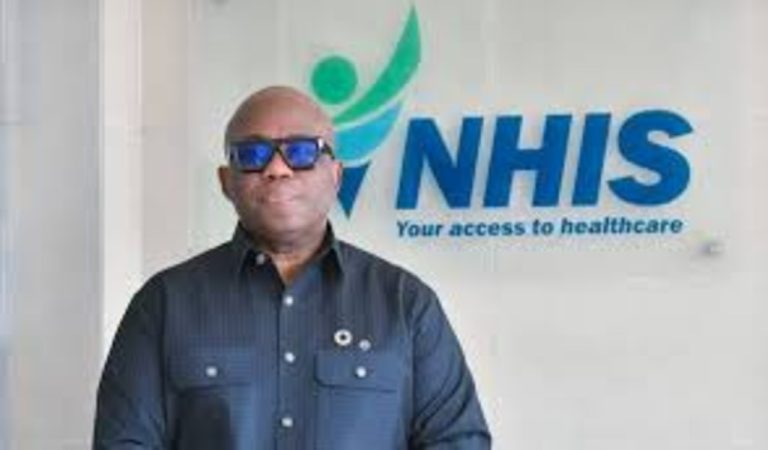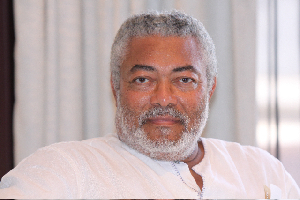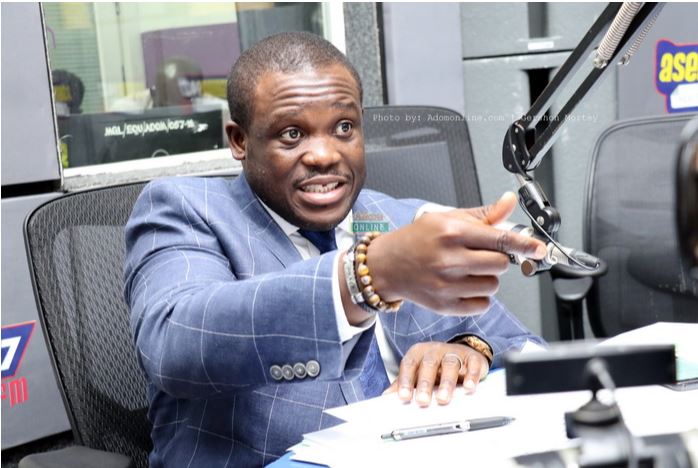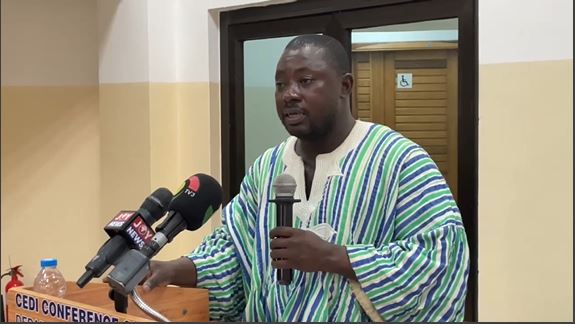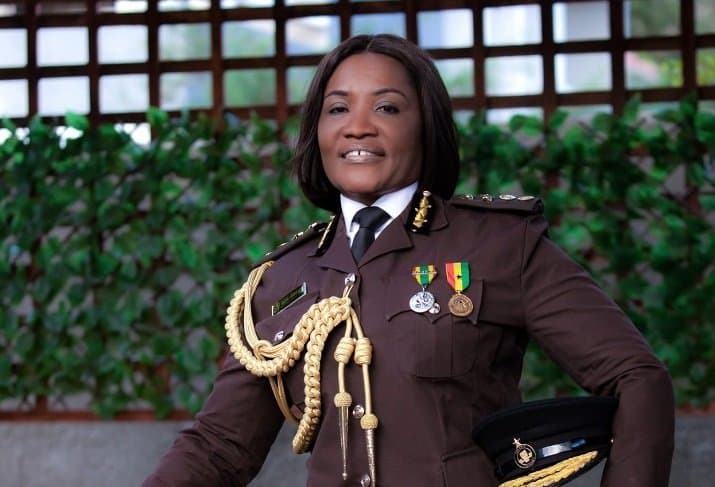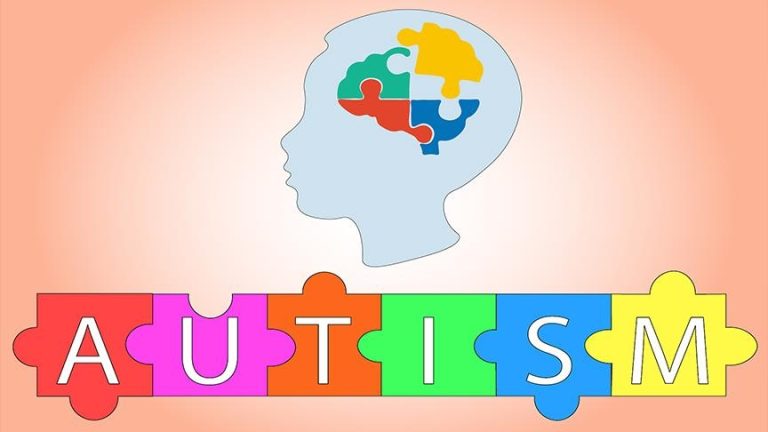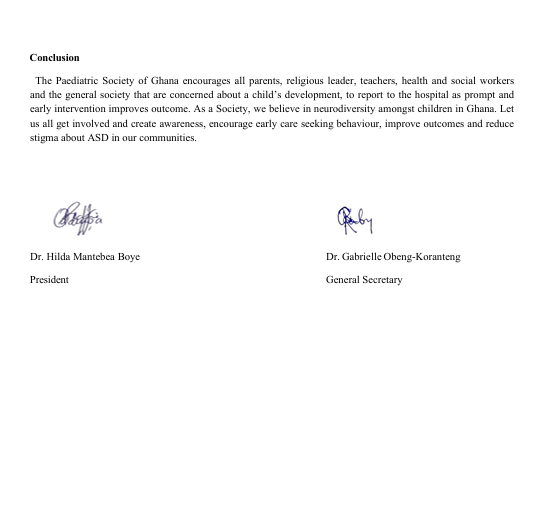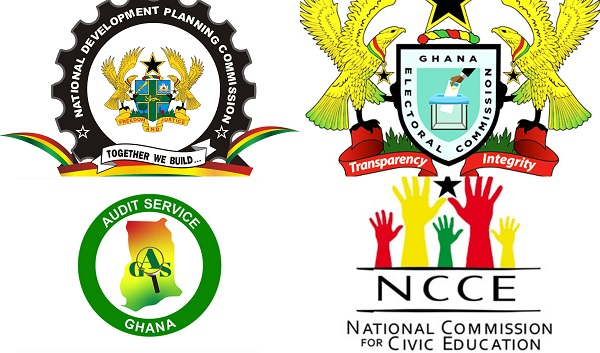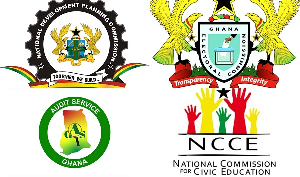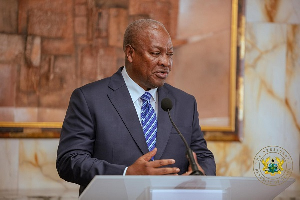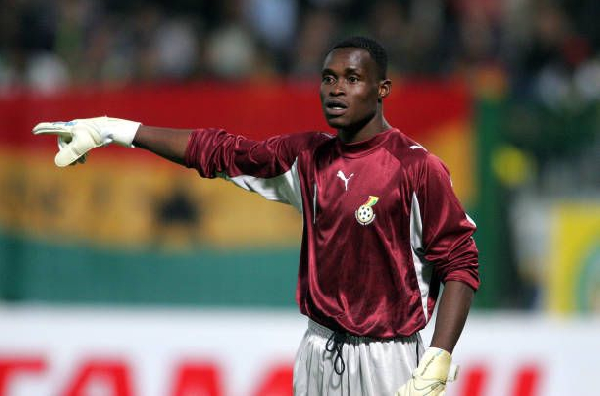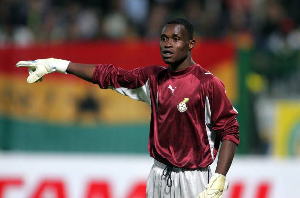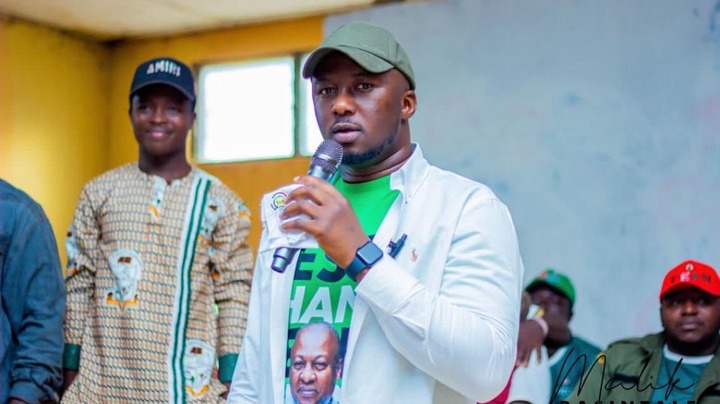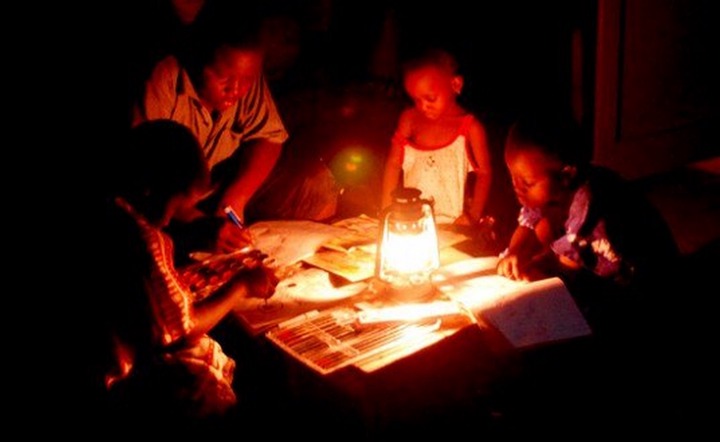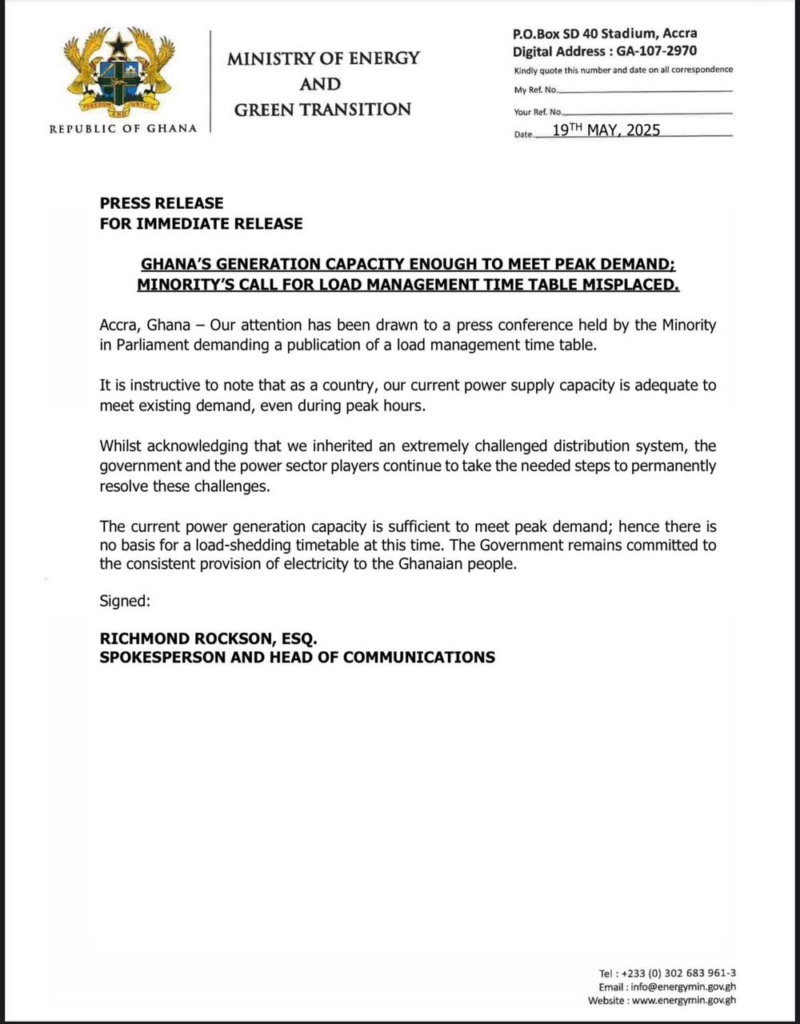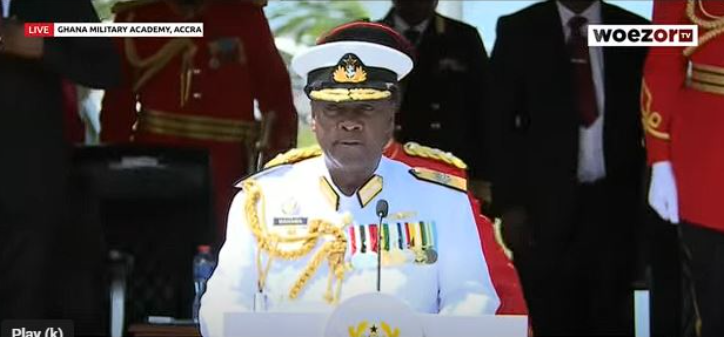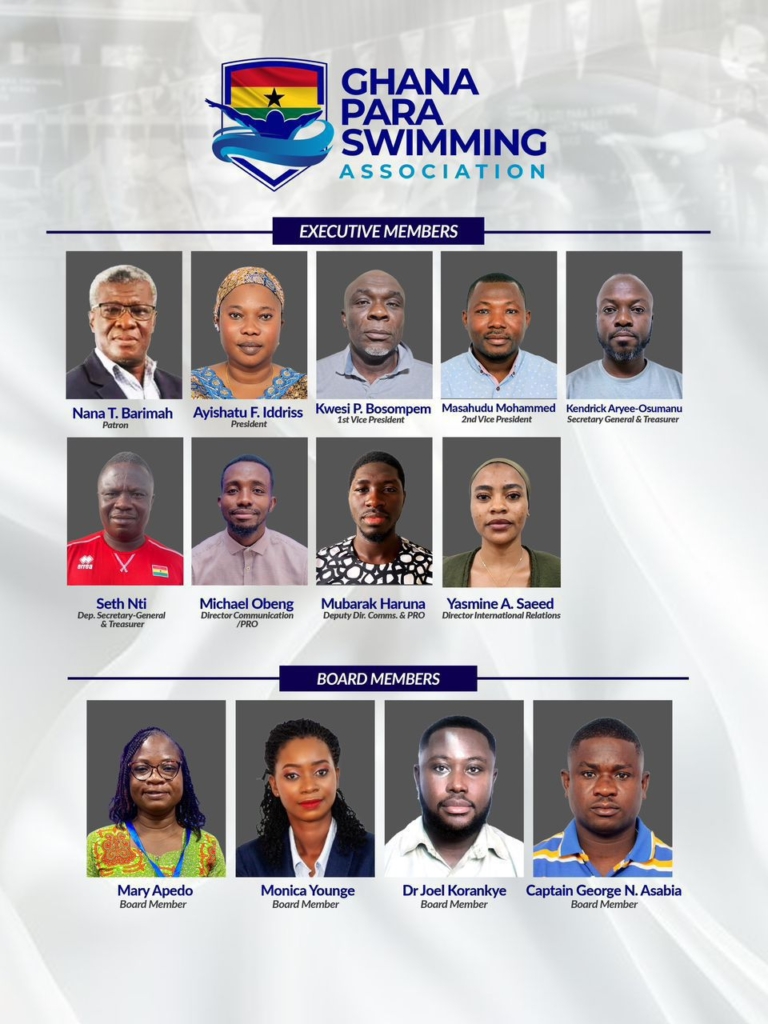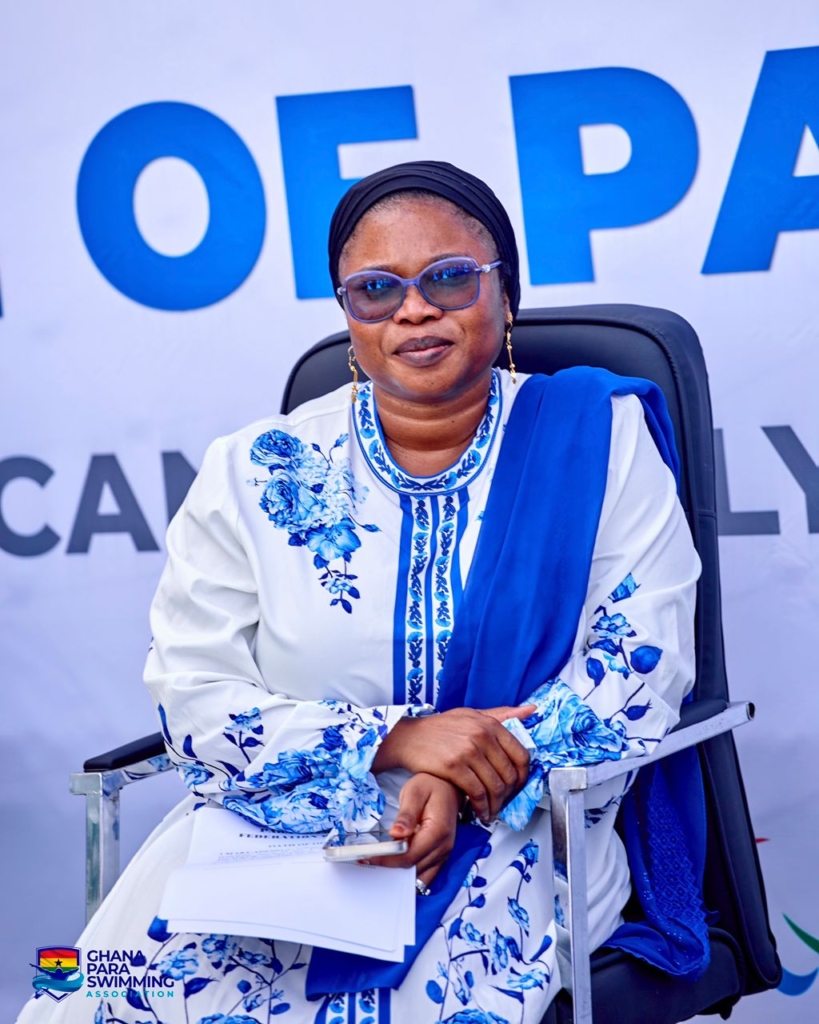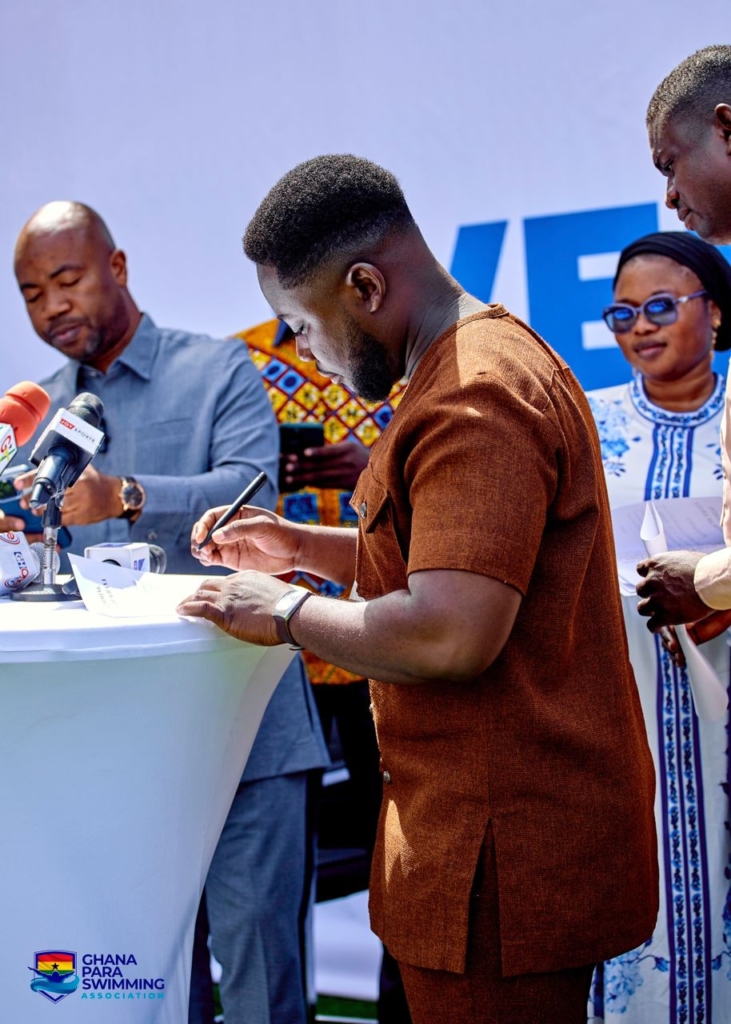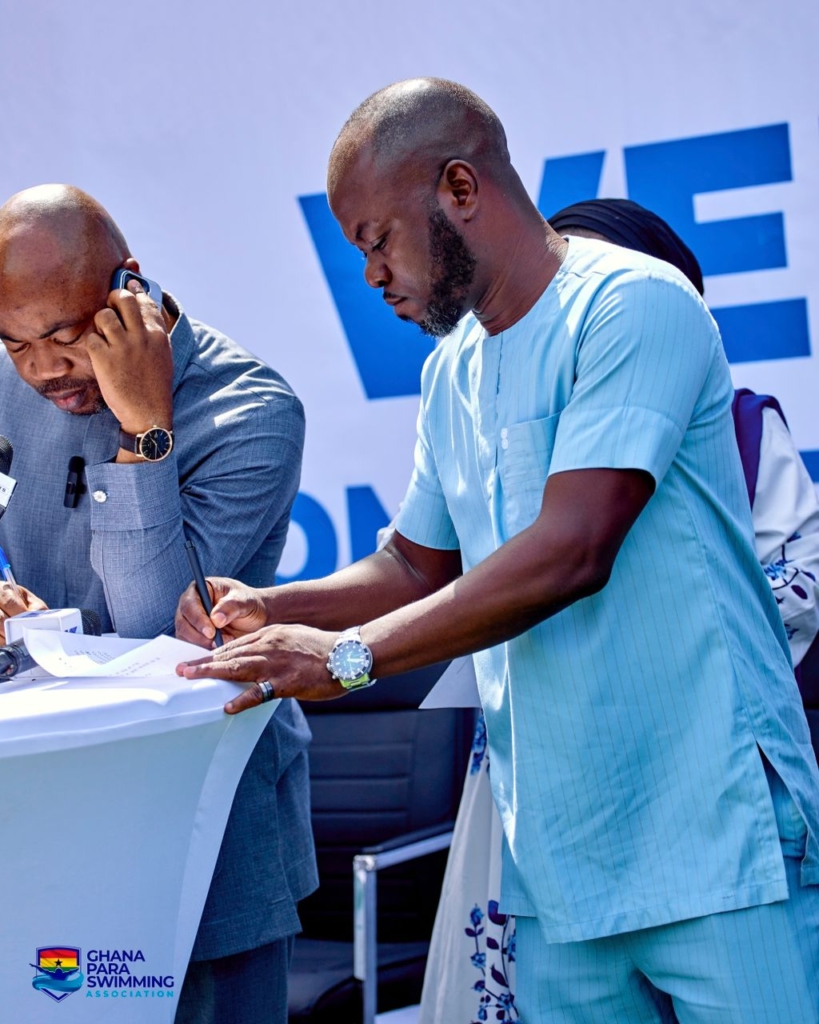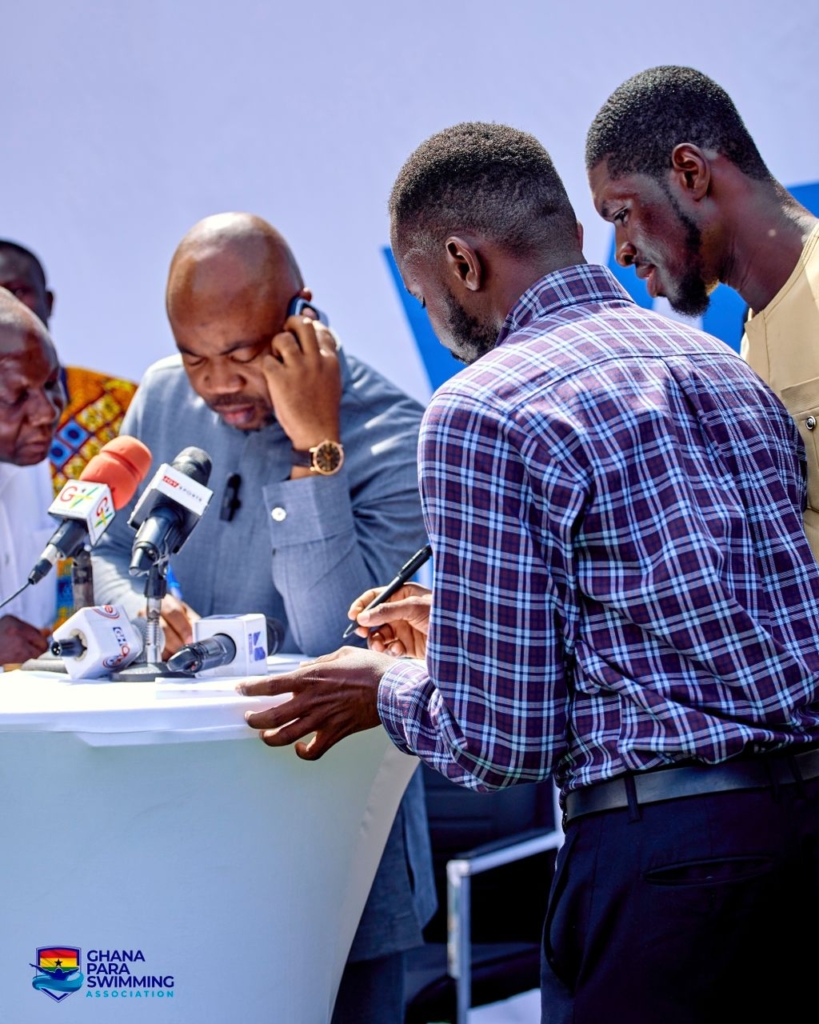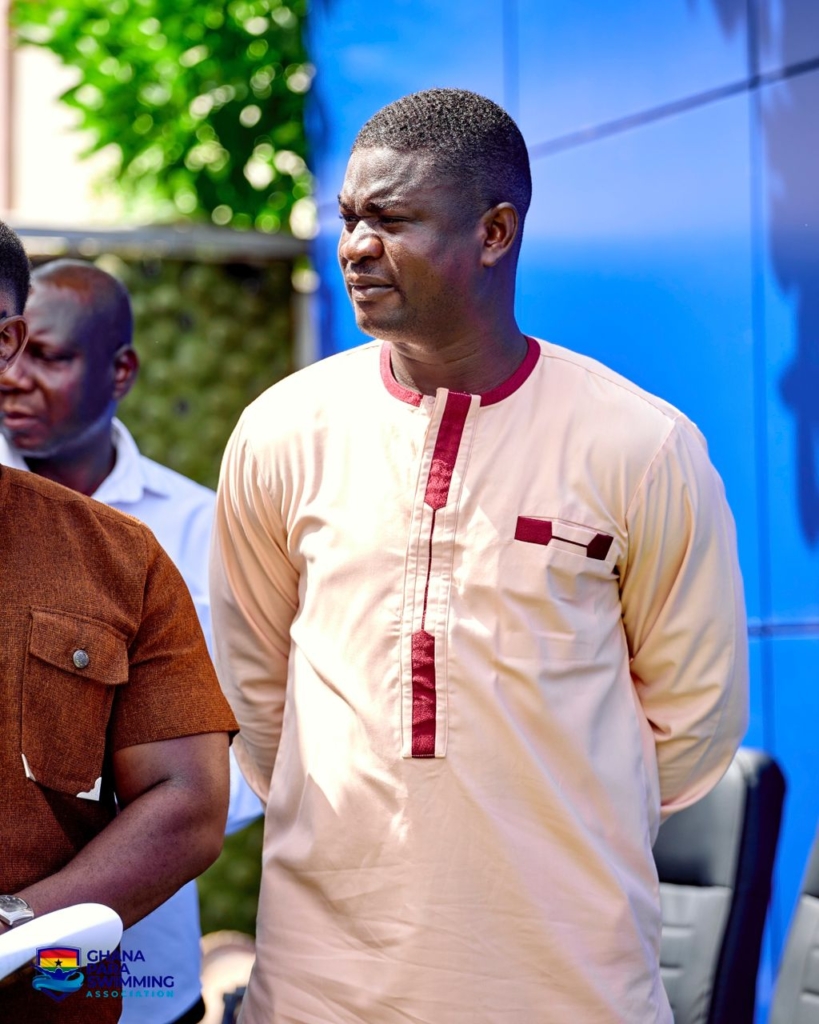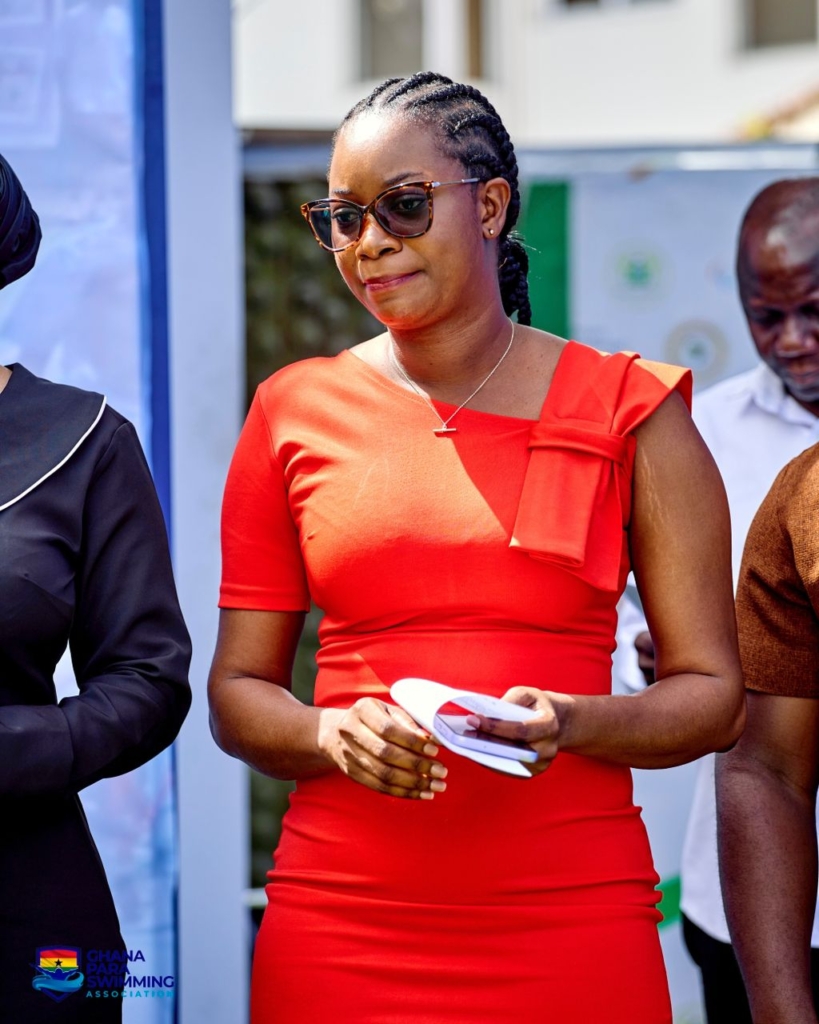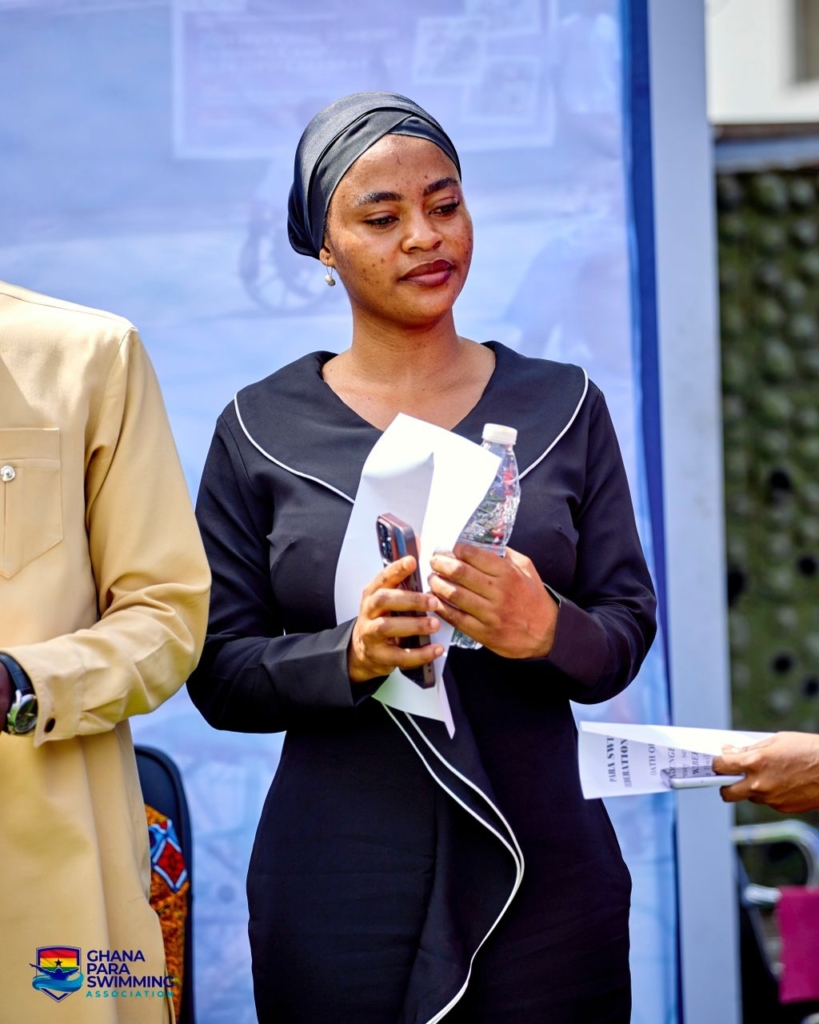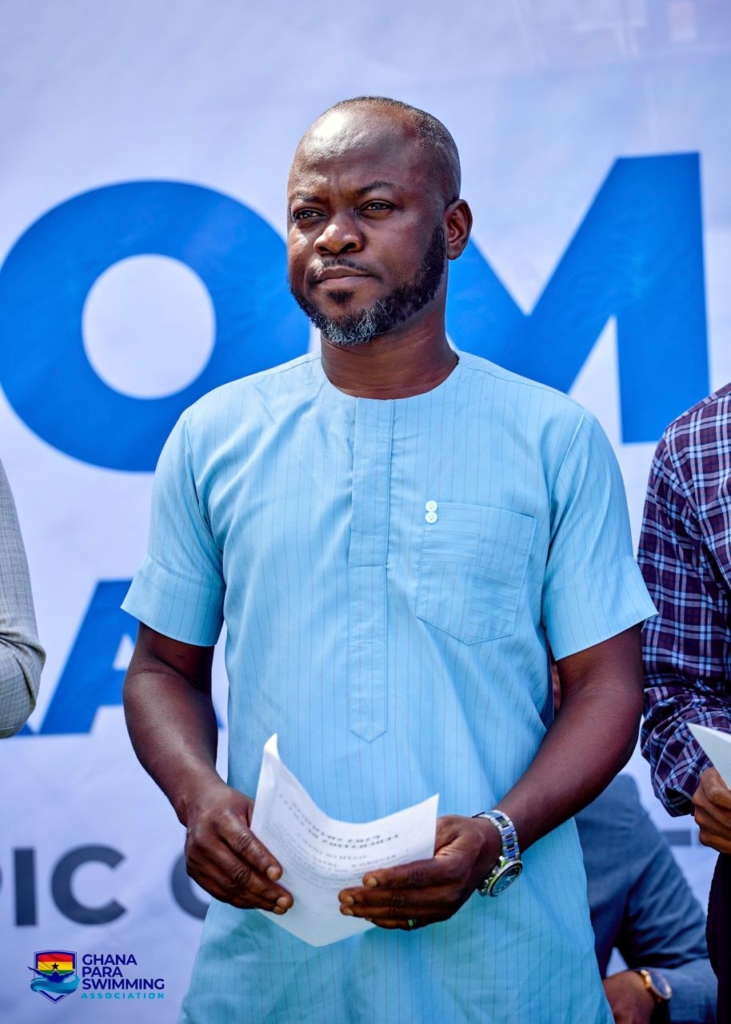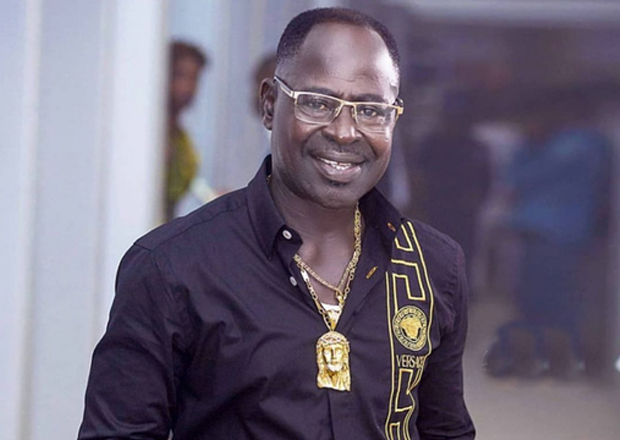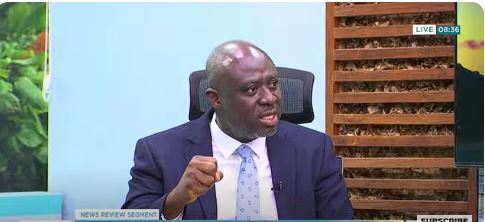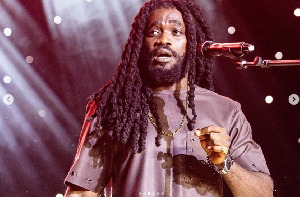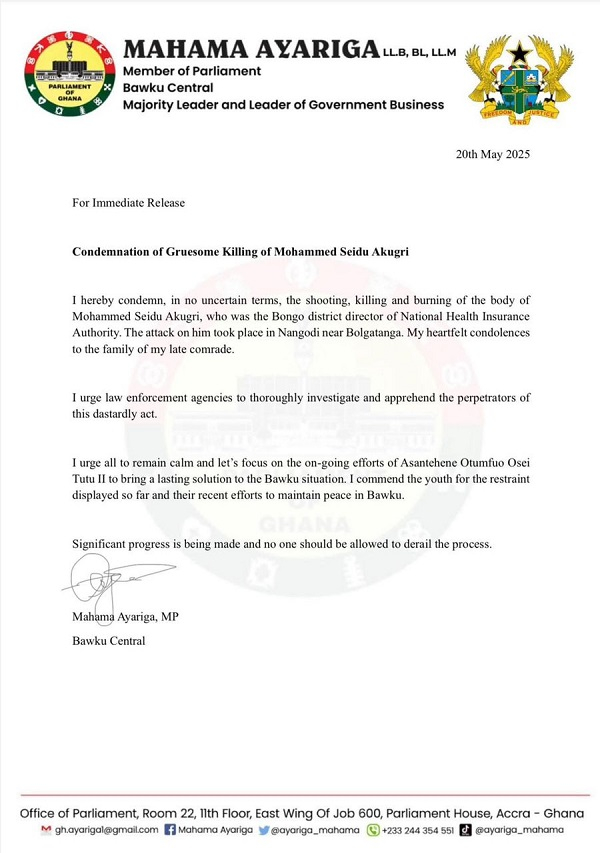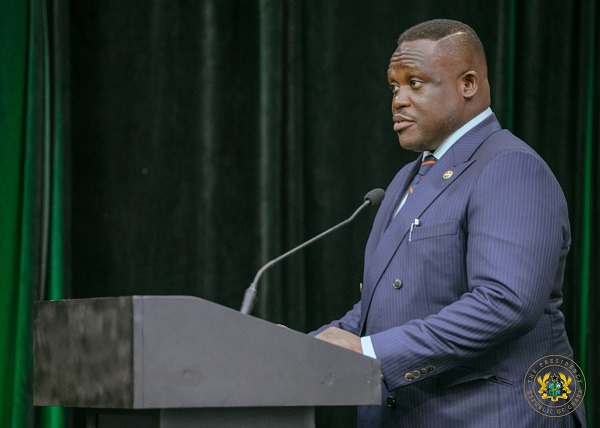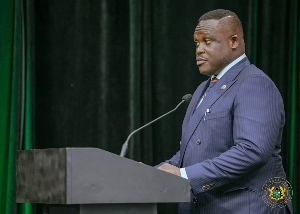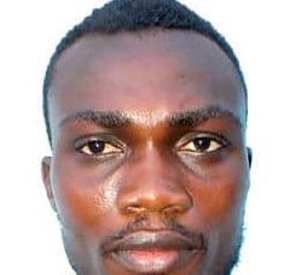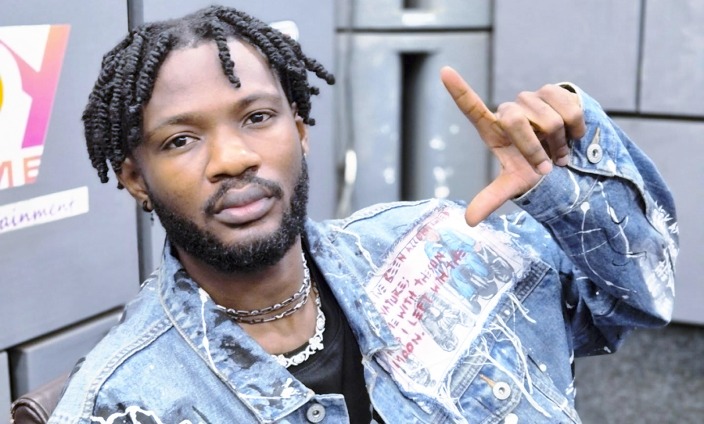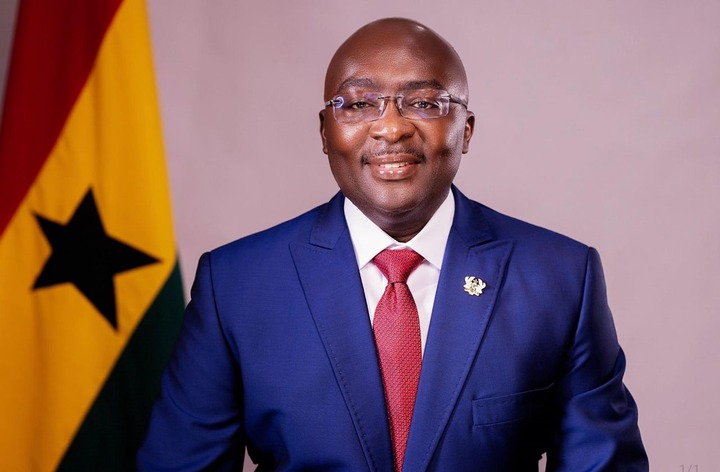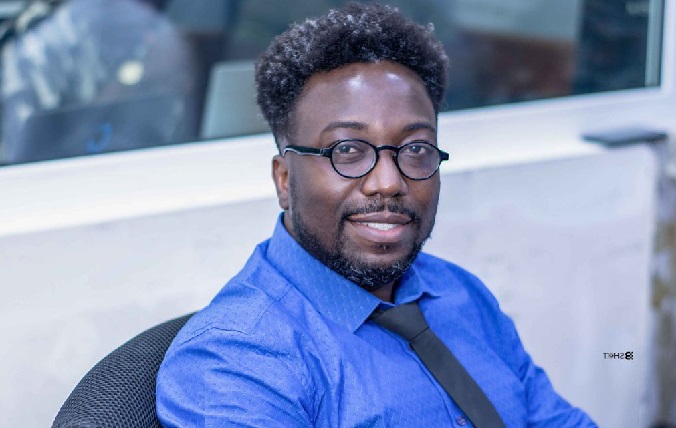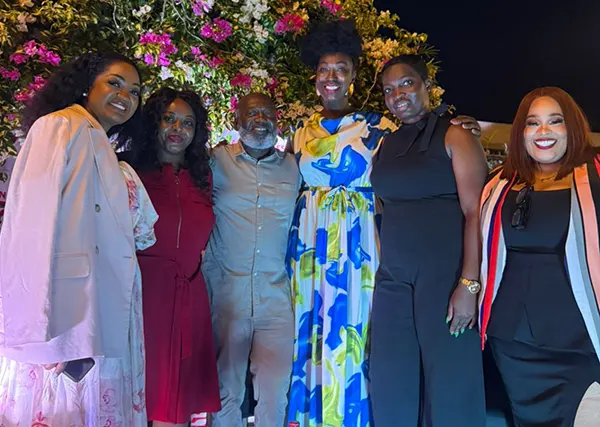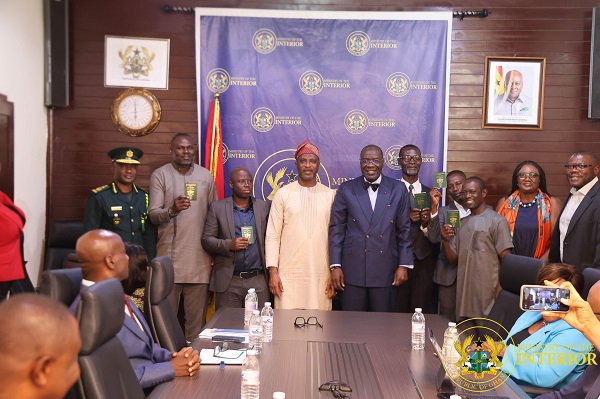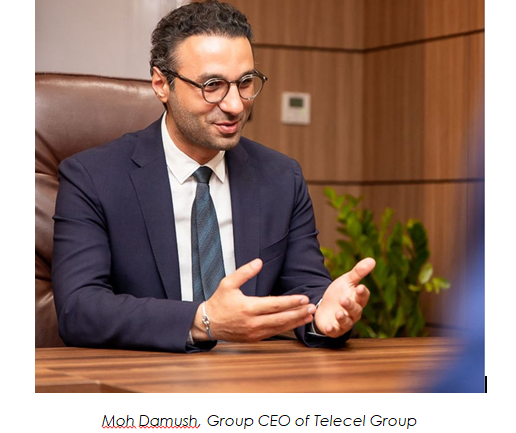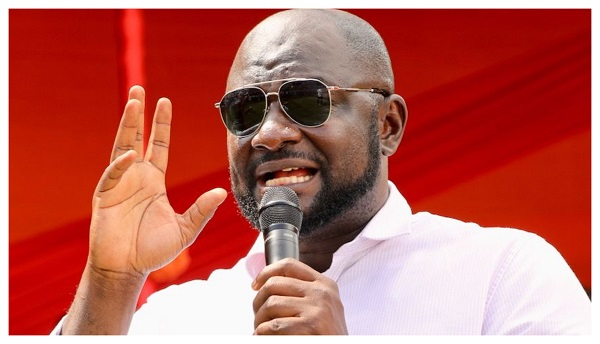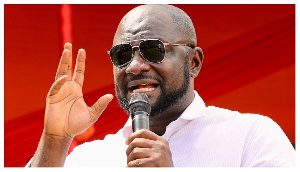This paper was motivated by the launch of the code of conduct for Appointees on 5th May, 2025 by His Excellency President John Dramani. This set me thinking and I asked myself that “if governance is a continuum, what major initiatives had been implemented by previous administrations to ensure that SOEs, JVCs, and other state agencies run effectively and efficiently to the benefit of the pople of Ghana?”.
I have always had a firm belief that if state entities run optimally, they SHALL oil the wheels of the private sector (the engine of growth) leading to economic development and job creation for our teaming youth.
Relevance and Roles of SOEs in Developing Economies
Economic Development and Employment – SOEs often operate in critical sectors such as energy, transportation, and telecommunications, driving economic growth and providing employment opportunities. In developing economies, where private sector capabilities may be limited, SOEs bridge the gap by investing in infrastructure and providing essential services.
Market Stabilization and Strategic Investments – SOEs can stabilize markets by ensuring the supply of essential goods and services, particularly in sectors where private investment is insufficient. They can also undertake strategic investments that may not yield immediate profits but are crucial for long-term economic stability and growth.
Revenue Generation – SOEs contribute to government revenues through dividends, taxes, and other financial transfers. This revenue is essential for funding public services and infrastructure projects, especially in developing economies with limited fiscal resources. For example, in 2021, 2022, 2023 & 2024 BOST made Ghs161m, Ghs342m , Ghs208m and Ghs360mprofits respectively. Imagine the fiscal impact if 100 SOEs/JVCs combined made a profit of Ghs100m?
Social and Regional Development – SOEs play a vital role in social and regional development by providing public goods and services that are not profitable for private firms. This includes rural electrification, public transportation, and healthcare services.
Leveraging SOEs for Economic Contribution – To maximize their contributions, SOEs in developing economies should focus on improving operational efficiency, adopting good governance practices, and aligning their objectives with national development goals. By doing so, SOEs can become engines of economic growth and development.
Chronology of SOEs Reform Initiatives (IMF SAP to 2025)
Table 1 below shows the summary of the chronology of initiatives since 1983 by Government.
| Year |
Initiative |
Gov’t |
Description |
| 1983 |
Structural Adjustment Program (SAP) |
PNDC |
IMF-backed reform to reduce SOE burden via privatization and restructuring. |
| 1987 |
State Enterprises Commission (SEC) |
PNDC |
Created to oversee SOEs, introduced performance contracts. |
| 1993 |
Divestiture Law (PNDC Law 326) |
NDC |
Formalized SOE privatization via DIC. |
| 2003 |
Financial Admin & Procurement Acts |
NPP |
Strengthened fiscal discipline for public institutions. |
| 2016 |
Public Financial Management Act (Act 921) |
NDC |
Required timely financial reporting by SOEs. |
| 2017 |
State Ownership Reporting Initiative |
NPP |
First formal State Ownership Report published for SOEs. |
| 2019 |
SIGA Act (Act 990) |
NPP |
Created SIGA to govern all Specified Entities including SOEs/JVs. |
| 2020 |
Performance Contracts & League Table |
NPP |
Mandated KPIs for SOEs and published rankings. |
| 2023 |
Ownership Policy & Governance Code |
NPP |
Codified state ownership rules and board practices. |
| 2025 |
Code of Conduct for Public Officers |
NDC |
Accountability framework for SOE leaders and public officials. |
Table 1: Chronological SOE Reform Initiatives (1983–2025)
- 1983 – Economic Recovery Program (SAP) under PNDC: Ghana launched an IMF/World Bank-backed Structural Adjustment Program in 1983 as part of the Economic Recovery Program (ERP) under the PNDC military government (led by J.J. Rawlings). A key goal was to reduce the drain of inefficient state-owned enterprises (SOEs) on public finances through restructuring and privatization. The government identified 22 strategic enterprises to retain, and began divesting others – 32 SOEs were put up for sale in 1988 and another 44 in 1990. This marked the first major effort to improve SOE performance by exposing them to private capital or closure.
- 1987 – Establishment of State Enterprises Commission (PNDC): The PNDC regime created the State Enterprises Commission (SEC) via PNDC Law 170 in 1987. The SEC was mandated to oversee and improve the performance of SOEs. It introduced performance contracts in the late 1980s – by April 1989, several state enterprises had signed performance agreements with the SEC, setting targets for efficiency and profitability. This initiative (among the first in Africa) aimed to instill commercial discipline in SOEs through formal oversight and accountability mechanisms.
- 1992–1993 – SOE Legal Reforms (NDC): In early 1992, as Ghana transitioned to democracy, the government (PNDC/NDC) announced it would require all SOEs to incorporate as limited liability companies by 1993 to foster competition and commercial behavior. In 1993, the Divestiture of State Interests (Implementation) Act, 1993 (PNDC Law 326) was passed, establishing the Divestiture Implementation Committee (DIC) to systematically privatize or liquidate non-performing state enterprises. These measures by the Rawlings-led National Democratic Congress (NDC) government accelerated SOE reforms through privatization and corporate governance changes.
- 1998 – Public Sector Reforms (NDC): The late 1990s saw Ghana implement the National Institutional Renewal Programme (NIRP) and Public Financial Management reforms (PUFMARP) under the NDC government. These programs included components to improve commercial orientation of subvented agencies and state enterprises. In 1999, the SEC published a comprehensive review of the 1984–94 SOE reform experience with recommendations for 1995–2000. The emphasis was on restructuring remaining SOEs, reducing government subventions, and improving financial reporting – foreshadowing later governance reforms.
- 2001–2008 – Enhanced Privatization and Oversight (NPP): The New Patriotic Party (NPP) government under President J.A. Kufuor continued SOE reforms by accelerating privatizations (e.g. Ghana Telecom in 2008) and attempting to wean agencies off government support. A dedicated Ministry of Public Sector Reform was established (2005) to overhaul public institutions, including commercial state entities. While no single new SOE law was passed, the government enforced existing divestiture plans and introduced the Public Procurement Act 2003 and Financial Administration Act 2003, which imposed stricter financial discipline on public bodies (including SOEs). However, many SOEs remained loss-making, and reforms like performance contracts had lapsed by the mid-2000s.
- 2013 – Renewed Governance Efforts (NDC): Facing persistent SOE under-performance, the NDC government of President John Mahama initiated a governance review of the SOE sector with World Bank support. This review (under the 2018 GEMS-TA project) identified fundamental issues: “lack of a clear framework for state oversight… weak boards and management… weak disclosure practices… and fragmented, uncoordinated management of SOEs by multiple government organizations.”. In response, the government drafted a new Conduct of Public Officers Bill (to curb abuses by public officials) and began developing a consolidated State Ownership Policy, though these would only be realized later. The Public Financial Management Act, 2016 (Act 921) was passed in August 2016 (late in Mahama’s term), mandating improved financial reporting by public entities – including requirements for SOEs to submit financial statements to the Ministry of Finance.
- 2017 – State Ownership Reporting (NPP): Upon taking office in 2017, the NPP government under President Nana Akufo-Addo focused on transparency and accountability for SOEs. It launched the State Ownership Report (SOR) initiative – an annual publication consolidating the performance of all entities in which the state has an interest (“Specified Entities”). The maiden State Ownership Report in 2017 was the first of its kind; however, only 5 audited financial statements were available for analysis in that initial edition. This highlighted the dismal state of SOE financial reporting at the time (most had not produced up-to-date audited accounts). The government also created a new Ministerial portfolio for Public Enterprises at the Presidency to monitor these firms. These steps were aimed at shining a spotlight on SOE performance and enforcing the PFM Act’s requirements.
- 2019 – Establishment of SIGA (NPP): A landmark reform came with the passage of the State Interests and Governance Authority Act, 2019 (Act 990) by the NPP government. This law established the State Interests and Governance Authority (SIGA), effectively replacing the 1987 SEC law. SIGA was empowered to oversee all Specified Entities (SEs) – including 47 SOEs, 17 Joint Venture Companies (JVCs), and numerous Other State Entities (regulatory bodies, public corporations) – on behalf of the government. SIGA’s mandate is to monitor performance, ensure good corporate governance, and drive profitability of these entities. It also re-introduced mandatory performance contracts for SOE/JV CEOs and boards. By late 2019, SIGA had negotiated performance agreements to be signed in 2020 with dozens of entities, institutionalizing accountability for meeting financial and operational targets.
- 2020 – Performance Contracts and League Table (NPP): In 2020, SIGA rolled out two major initiatives to improve SOE performance: (1) Performance Contracts: All SOEs and JVCs were required to sign annual performance contracts with agreed KPIs. By the end of 2020, about 41 entities had undergone performance evaluations under this framework. (2) Public Enterprises League Table: SIGA introduced a ranking of specified entities based on their performance scores. The inaugural Public Enterprises League Table (published 2020/21) publicized the top and bottom performers, creating competitive pressure. For example, the 2020 rankings showed TDC Co., ECG, GRIDCo, Bui Power, and GCAA as top 5 performers, while GIHOC, Ghana Railway Co, Ghana Cylinder Mfg Co, PMMC, and New Times Corp ranked lowest. These measures were meant to incentivize management to improve and to enforce remedial action (or sanctions) for under-performing enterprises.
- 2023 – State Ownership Policy and Governance Code (NPP): Following IMF and World Bank recommendations, the government in 2023 approved a comprehensive State Ownership Policy and Corporate Governance Code for SOEs. This policy (a structural benchmark under Ghana’s IMF program) defines the state’s role as owner, performance monitoring guidelines, dividend and financing rules, and standardized board governance practices. It also includes a Code of Corporate Governance for Specified Entities (covering SOEs, JVCs and public organizations) issued by SIGA, consolidating frameworks for board composition, ethics, disclosure and oversight. These documents, approved by Cabinet by mid-2023, aimed to address the persistent governance weaknesses by clarifying responsibilities and enforcing higher standards across all state entities. (Notably, by 2023 the IMF reported that audited financial statements of SOEs must be submitted to MoF in a timely manner and SIGA’s capacity to monitor sector-specific risks was being strengthened.)
- 2025 – Code of Conduct for Public Officers (NDC): On May 5, 2025, the newly returned NDC government (President John D. Mahama) launched a stringent Code of Conduct for all public office holders, including SOE CEOs and board members. This code lays out ethical rules to curb the mismanagement and corruption that often undermine SOE performance. Key provisions include: a ban on accepting expensive gifts or favors from those doing business with government, mandatory asset declarations (with penalties for non-compliance), prohibitions on officials using their office for personal gain or participating in procurements where they have interests, and bars on political appointees purchasing state assets. President Mahama emphasized that this enforceable code is part of a drive to instill “discipline, integrity and accountability in governance”. It complements other measures announced in the 2025 budget, such as refusing bailouts for chronically loss-making SOEs (instead opting to merge, privatize or shut them). The Code of Conduct is intended to improve the governance environment for SOEs by holding their leadership to high ethical standards, thereby indirectly improving performance and public trust.
(The above list covers major initiatives from the Structural Adjustment era through to May 2025. It includes legal frameworks, institutional reforms, oversight mechanisms, and governance codes aimed at enhancing the efficiency and accountability of Ghana’s State-Owned Enterprises and Joint Ventures.)
Annual Performance of SOEs and JVs (2016–2024)
This section compiles year-by-year data on the portfolio of State-Owned Enterprises and Joint Venture companies in Ghana, including the number of entities, financial reporting compliance, aggregate financial performance, and other key metrics. “Specified Entities” here encompasses central government SOEs, joint ventures (partial state ownership), and other public entities (regulatory bodies, statutory corporations) under state interest. Table 1 shows a massive improvement in the governance and performance of SOEs post-SIGA.
| Year |
SOEs and JVCs and OSEs |
Signed Performance Contracts |
Prepared and Submitted Accounts |
Covered in National Accounts Prepared by CAGD |
Profit-making SOEs |
Loss-making SOEs |
| Audited |
Management |
Total |
| 2016 |
49+ |
6 |
2 |
16 |
18 |
|
|
|
| 2017 |
49 |
25 |
5 |
44 |
49 |
|
|
|
| 2018 |
77 |
41 |
44 |
33 |
77 |
|
20 |
19 |
| 2019 |
106 |
47 |
65 |
41 |
106 |
|
21 |
23 |
| 2020 |
132 |
47 |
79 |
53 |
132 |
19 |
25 |
21 |
| 2021 |
130+ |
64 |
95 |
44 |
139 |
47 |
32 |
14 |
| 2022 |
175 |
64 |
92 |
54 |
146 |
62 |
22 |
27 |
| 2023 |
175+ |
73 |
60 |
87 |
147 |
74 |
35 |
18 |
Table 1: Entities that Signed Performance Contracts Prepared and Submitted Accounts
2016
- Portfolio & Oversight: As of 2016, Ghana had dozens of state-owned firms – approximately 49 major SOEs/JVCs under central government plus many statutory public entities – but oversight was very weak. An initial attempt to compile a State Ownership Report found that only 2 entities had current audited financial statements available in 2016. Most SOEs had not submitted financials to the Ministry of Finance or Auditor-General, in contravention of the law.
- Financial Performance: The consolidated SOE sector recorded an aggregate net loss (approximately GH¢1.47 billion) in 2016 (indicated by later trends) as loss-making enterprises dominated. Total revenues of the portfolio were about GH¢28.5 billion in 2016, but widespread inefficiencies and unprofitable operations (especially in energy and transport SOEs) led to overall losses. No performance contracts were in place in 2016, and there was little to no monitoring of targets. The Auditor-General’s reports in this period frequently noted large accumulated losses and debts in key SOEs (e.g. VRA, TOR, COCOBOD) and highlighted that government often had to support these entities via subsidies or guarantees – a precursor to the fiscal risks acknowledged later.
2017
- Portfolio & Accounts: In 2017 the government began systematically tracking 49 Specified Entities (comprising wholly-owned SOEs and joint ventures). By the end of 2017, there was slight improvement in financial reporting – 5 entities submitted audited accounts for the year (up from 2 previously). Nonetheless, this was out of dozens of enterprises, meaning the vast majority still failed to produce audited financial statements on time. The 2017 State Ownership Report (the first of its kind) covered 49 entities and had to rely on draft or unaudited data for many, underscoring continuing transparency issues.
- Financial Performance: The aggregate performance of SOEs improved in 2017 as economic conditions stabilized. The sector’s overall net loss narrowed significantly to around GH¢0.87 billion, according to Ministry of Finance analyses (an ~40% improvement from 2016). Some major firms like COCOBOD and GNPC turned small profits in 2017, while others (TOR, GRC) reduced their losses. Without complete data, the State Ownership Report 2017 could only indicate a trend of recovery. No consolidated revenue/expenditure figures were officially published for 2017 in that first report. Performance contracts were not yet implemented in 2017, though the groundwork was being laid. Qualitatively, the Auditor-General observed that many SOEs were over-staffed and carried high administrative costs, and urged tighter expenditure control as a way to sustain the financial turnaround seen in 2017.
2018
- Portfolio & Accounts: By 2018, the monitoring scope was expanded to include some Other State Entities (OSEs) (regulatory and statutory agencies). A total of 77 entities were covered in the 2018 State Ownership Report. Financial reporting compliance improved markedly – 44 entities submitted audited financial statements for 2018. This sharp jump reflects the pressure from the Ministry of Finance and Auditor-General for entities to clear audit backlogs. Still, about 33 entities had only draft or no accounts, indicating room for further improvement. The Auditor-General’s 2018 report on Public Boards noted persistent non-compliance by several enterprises despite the new PFM Act, and recommended sanctions for officials of entities that were multiple years in arrears on financial statements.
- Financial Performance: 2018 was a relatively good year for SOEs – in aggregate the sector nearly broke even. The combined net loss was only about GH¢72 million (a drastic improvement from prior years). In fact, many commercial SOEs achieved profits in 2018: e.g. GNPC, GPHA, GCB Bank Ltd (a state-majority JV) all posted positive net incomes.
Total revenue for the SOE/JV portfolio in 2018 was about GH¢32–33 billion (continuing a steady growth trend) while expenditures were roughly in line, yielding the small net deficit. The improved results were partly due to energy sector debt restructuring – government’s assumption of some legacy energy debts (via the ESLA bond) reduced interest burdens on energy SOEs. It’s noted, however, that profitability gains were not uniform – some entities like Ghana Railway and TOR still made significant losses.
No formal performance contracts were yet in effect in 2018, but the Ministry of Finance had begun setting financial targets in budget statements for key SOEs. The qualitative assessment in 2018 was cautiously optimistic: the Policy Evaluation and Oversight Unit of MoF lauded the “modest surplus” in the SOE sector and pointed to improved governance as a factor, while the IMF urged Ghana to solidify these gains with deeper reforms in SOE management.
2019
- Portfolio & Accounts: The coverage of state entities extended further in 2019 – the 2019 State Ownership Report covered 106 entities (all SOEs, JVCs, and more public boards). Compliance with reporting continued to rise: 64 out of 106 entities had audited financial statements for 2019, while others provided draft accounts.
By end-2019, the Auditor-General still flagged that 42 Specified Entities had not honored their financial reporting obligations to the Ministry/ SIGA, even if some had submitted to sector ministries. This led to MoF directing all SOEs to route statements through SIGA as required by the new law. In summary, data quality improved but a sizeable minority of entities remained non-compliant.
- Financial Performance: After two years of improvement, 2019 saw a sharp downturn in SOE finances. The consolidated net loss ballooned to GH¢5.16 billion for 2019. This steep loss was driven by the energy sector: Electricity Company of Ghana (ECG) and Volta River Authority (VRA) both recorded huge losses in 2019 due to technical and commercial inefficiencies and the burden of IPP capacity payments.
COCOBOD (a statutory corporation) also registered a large loss in the 2018/19 season, owing to high financing costs and fixed farmer prices that exceeded export prices. As a result, the aggregate figures deteriorated. Total revenues for SOEs, however, hit GH¢37.91 billion in 2019 (a continued growth in top-line), but expenditures surged to roughly GH¢43.1 billion, outpacing revenues.
Key loss-makers included ECG, VRA, Ghana Cocoa Board, and Tema Oil Refinery, which collectively outweighed profitable entities like GNPC and mining JVs. On the positive side, Joint Venture Companies (JVCs) (partially state-owned firms) actually posted an aggregate net profit of GH¢1.05 billion in 2019, thanks largely to profitable banks and mining ventures.
Performance contracts were not yet fully operational in 2019 (SIGA was still setting them up), but some pilot evaluations were done. Qualitative assessments by oversight bodies in 2019 were blunt: the Ministry of Finance’s report noted “more urgent and collective work is needed”, calling the overall results “unsatisfactory”. The IMF, in its 2019 review, highlighted the fiscal risks from SOEs – especially the energy SOEs’ losses and rising debts – urging Ghana to enforce credit limits and cost-recovery tariffs.
2020
- Portfolio & Accounts: By 2020, all significant state entities (132 in total) were under SIGA’s oversight – comprising 47 SOEs, 17 JVCs, 54 Other State Entities, and 14 minority-owned firms. There was notable progress in financial reporting despite the challenges of the COVID-19 pandemic: 79 entities submitted audited 2020 financial statements, 19 provided draft statements, and 34 provided at least management accounts.
This was a marked improvement from just a few years prior (for context, only 5 audited accounts were available in 2017). By end of 2020, SIGA’s enforcement (and PFM Act sanctions) meant most large SOEs were up to date on audits, though a few laggards remained. The Auditor-General’s 2020 report still pointed out that 41 entities had not settled statutory obligations or had issues of going concern, but overall transparency was better.
- Financial Performance: The COVID-19 shock made 2020 a difficult year, yet many SOEs showed resilience. The SOE portfolio’s consolidated net loss was GH¢2.61 billion in 2020, a substantial improvement (49% reduction) compared to 2019’s loss. In effect, about half of the prior year’s losses were recovered due to cost-cutting, government support, and some rebounding commodity prices.
Total revenue generated by SOEs surged to GH¢45.23 billion in 2020, nearly 20% higher than 2019. However, costs remained high, and certain sectors continued to drag: notably, JVCs saw profits collapse – JVCs together made only GH¢11.8 million net profit in 2020 (down from over 1 billion in 2019) due to pandemic-related slowdowns.
On the other hand, a new category defined as “Minority Interest” (firms where GoG holds <10% stake, mostly mining companies) yielded an outsized GH¢11.25 billion net profit in 2020, thanks to booming gold prices and dividend payouts. Excluding that anomaly, the core SOEs still reduced their losses significantly.
A major factor was the government’s Energy Sector Recovery Program which began to reduce the financial shortfall in ECG and other utilities by end-2020. Performance Contracts: 2020 was the first year all SOE and JV CEOs signed performance contracts with SIGA. Despite COVID disruptions, SIGA conducted performance evaluations – about 41 entities were formally assessed on 2020 targets, and results were used to produce the Public Enterprises League Table 2021.
Qualitatively, the Minister for Finance noted that “collective work must be harnessed to ensure sustained impacts” of reforms, praising the fact that aggregate revenue grew strongly even in a pandemic year. The IMF’s 2021 Article IV report also acknowledged steps taken to improve SOE oversight and transparency (e.g. the publication of SOR 2020) while stressing the need to tackle remaining losses in the energy and cocoa sectors.
2021
- Portfolio & Accounts: In 2021, Ghana’s SOE/JV portfolio remained roughly the same size (around 130+ entities). Financial reporting gains were maintained: according to SIGA, 86 Specified Entities submitted 2021 audited accounts, representing about 74% coverage. (Some smaller entities and newly categorized ones still lagged.) The 2021 State Ownership Report – prepared in 2022 – continued to build on better data.
One development was the integration of the SIGA reporting system (Smart Workspace) which streamlined how SOEs report financials to the Authority. The Auditor-General’s audit of 2021 accounts (published in 2022) found persistent issues in certain SOEs (procurement irregularities, unsupported payments, etc.), but also noted an uptick in compliance with audit recommendations by many SOEs.
- Financial Performance: Official aggregate figures for 2021 were not published at the time of writing (the State Ownership Report for 2021 was under review in 2023). However, IMF estimates and partial data indicate that SOE losses widened again in 2021, driven by the energy sector and Cocobod. The IMF reported that the budgetary deficit including SOE energy costs jumped, and “large losses in certain SOEs” contributed to Ghana’s fiscal stresses in 2021.
In particular, ECG and NEDCo (power distributors) struggled with revenue shortfalls due to fixed tariffs, and Cocobod incurred a substantial loss as cocoa production fell – these factors likely caused the consolidated net result to be deeply negative in 2021. Indeed, Ghana’s 2023 IMF program documents reveal that Cocobod’s operations added 1.4% of GDP to public debt by end-2022 due to losses and quasi-fiscal activities, implying significant 2021–2022 losses.
On the positive side, several SOEs in other sectors remained profitable in 2021: e.g. mining JVs, BOST, Ghana Gas, Ghana Airports Co., and some financial JVs (ADB, NIB) turned profits after restructuring. Performance Contracts: By mid-2021, 71 specified entities had successfully negotiated and signed performance contracts for the year, in a high-profile ceremony with the President (for the first time including some regulatory bodies in addition to commercial SOEs).
SIGA’s Director-General noted this was to ensure “each entity’s objectives align with government’s performance expectations.” The Public Enterprises League Table for 2021 (released in late 2021) spurred competition: it ranked Volta River Authority (VRA) as the best-performing SOE and Ghana Cocoa Board among the poorest performers for that year, reflecting the divergence in management effectiveness.
In sum, 2021 saw mixed results – improved compliance and oversight, but still poor financial outcomes in key sectors. Observers (e.g. the IMANI Center and the IMF) urged Ghana to accelerate reforms – such as tariff adjustments and restructuring of insolvent SOEs – to prevent these losses from undermining fiscal stability.
2022
- Portfolio & Accounts: By 2022, Ghana’s SOE oversight had fully institutionalized. SIGA and the Ministry of Finance jointly monitored 175 entities (including some minority-owned firms and newly added regulatory agencies).
The Auditor-General’s Report for year ending 31 Dec 2022 covered financial audits of 50+ major SOEs and public boards. Many entities that previously lagged (like some state universities and smaller funds) were brought into the reporting framework. Audited accounts submission remained strong in 2022 – a majority of entities submitted on time despite Ghana’s economic crisis that year. However, a handful of entities (e.g. some tourism and arts funds) still had audit arrears, which the Auditor-General highlighted for sanction.
- Financial Performance: 2022 was an exceptionally challenging year for Ghana’s economy and its SOEs. The country faced a severe fiscal and debt crisis, and SOEs were no exception. While consolidated data for 2022 are not yet officially published, preliminary indications are that the SOE sector’s net losses continued to mount in 2022.
The energy SOEs in particular accumulated more losses due to the still-unresolved issue of below-cost tariffs and high finance costs. The IMF’s debt sustainability analysis (2023) noted energy sector SOE debt (including arrears and legacy bonds) remained a major burden.
Cocobod also reported another year of heavy losses for the 2021/2022 season amid global price volatility. On the other hand, global commodity price spikes in 2022 likely boosted profits for mining-related JVs and upstream oil/gas SOEs (e.g. GNPC may have recorded improved earnings from petroleum liftings with oil prices high).
One specific positive note: Ghana’s mining sector SOEs/JVs (like AngloGold Ashanti in which Ghana holds a stake) delivered strong dividends in 2022, contributing to government revenue. Performance Contracts: All specified entities signed 2022 performance contracts, but many targets were thrown off by the economic turbulence (inflation exceeded 50% and cedi depreciation hit finances).
SIGA’s internal assessment (reported to Parliament in early 2023) conceded that only about 50% of SOEs met their 2022 performance targets, with shortfalls mainly in financial outcomes due to macroeconomic shocks.
Qualitatively, the year underscored the vulnerability of SOEs to macro-fiscal conditions – e.g. rising interest rates dramatically increased debt service costs for SOEs with external loans, and currency depreciation caused forex losses at companies like ECG and VRA (which have dollar-denominated obligations).
By end-2022, the government began negotiations for an IMF program, which explicitly included conditions to “sustainably reduce losses in the energy sector” and improve SOE management as a part of fiscal consolidation.
2023 (Interim up to May 2023)
- Portfolio & Accounts: In 2023, the NPP government (in its final year of term) and SIGA continued to enforce compliance. The 2023 State Ownership Report (covering FY2021 data) was finally published, and work was underway on the 2022 edition.
Ghana’s Cabinet, as noted, approved a new State Ownership Policy and guidelines in June 2023 to strengthen governance. Early 2023 also saw SIGA begin training boards on the new Corporate Governance Code. By May 2023, audits for 2022 were being completed for all major SOEs, albeit a few (like GNPC’s 2022 account) were awaiting finalization due to exchange rate adjustments.
- Financial Performance: No full-year 2023 data is yet available. The 2023 budget projected that aggregate losses of SOEs would start narrowing from 2023 onwards as reforms take hold. Indeed, measures such as electricity tariff increases (in September 2022 and February 2023) and a moratorium on new loans for SOEs were implemented, aiming to improve the financial outlook of entities like ECG, GWCL, etc.
The IMF program (effective 2023) includes performance criteria for SOE finances – for example, by Q1 2023 the government was injecting cash to clear some SOE arrears and strictly limiting new non-concessional borrowing by SOEs. The expectation is that 2023 will show some recovery: e.g. Cocobod’s losses are hoped to reduce after a producer price adjustment, and the energy sector might see a smaller shortfall due to tariff hikes and fuel price normalization. However, these outcomes remain to be verified.
Performance Contracts: The new government in 2025 will evaluate 2023 performance contracts as part of its transition. Notably, in the 2025 Budget (presented in March 2025), the government indicated that several SOEs failed to meet 2023 targets and would face corrective action – consistent with the stance of no bailouts for under-performers. In summary, 2023 is seen as a turning point where robust policy measures were deployed to set SOEs on a sustainable path, but the actual data on net profits/losses for 2023 will become clear when audits are finalized later in 2025.
2024 (Outlook)
- Outlook for 2024: As of May 2025, detailed data for 2024 are not yet available. The 2024 budget (the last by the outgoing NPP administration) forecasted improved performance contracts outcomes and even modest aggregate profits for the SOE sector by 2024 – premised on ongoing reforms and economic recovery. It projected that at least 10 SOEs would post profits in 2024, up from 6 in 2022, and that the overall net losses would drop markedly. The incoming government has signaled a continuation of reform: President Mahama’s early 2025 statements declared that loss-making SOEs will not receive blank-cheque bailouts but instead must shape up or face restructuring.
Thus, for 2024 one can expect intensified oversight. Performance Contracts for 2024 were signed in early Q1 by all Specified Entities under the new regime, with even stricter provisions (including quarterly reporting to SIGA and penalties for non-performance). While actual 2024 results will only be known in 2025, the policy trajectory suggests an aim for breakeven or surplus in key sectors and a reduction of fiscal risks emanating from SOEs.
| Year |
SOEs & JVs |
Net Profit/Loss (GH¢B) |
Revenue (GH¢B) |
| 2016 |
49+ |
-2.12 |
28.5 |
| 2017 |
49 |
-1.29 |
15.00 |
| 2018 |
77 |
-3.12 |
17.90 |
| 2019 |
106 |
-5.16 |
28.56 |
| 2020 |
132 |
-2.61 |
45.23 |
| 2021 |
130+ |
-1.70 |
73.38 |
| 2022 |
175 |
-5.30 |
High |
| 2023 |
175+ |
-2.57 |
103.7 |
Table 2: SOE & JV Portfolio and Financial Performance Summary (2016–2023)
(Data sources: Aggregated figures and narrative sourced from Ghana’s State Ownership Reports (2017–2023), Auditor-General’s reports, SIGA disclosures, Ministry of Finance budget statements, and IMF assessments. All financial amounts are in Ghana Cedi (GH¢). Note that 2021–2024 figures are based on the best available reports and projections, as official consolidated data for those years were pending completion.)
Causes of Persistent Under-Performance of SOEs in Ghana
Despite decades of reforms, many Ghanaian SOEs have chronically under-performed. Key reasons repeatedly highlighted by the IMF, World Bank, Auditor-General, and government reviews include:
- Weak Corporate Governance and Accountability: Until recently, there was no clear framework defining the state’s ownership role. Boards and management of SOEs often lacked autonomy and professionalism, and political interference was common. A 2018 governance review found “weak boards and management that lack autonomy in commercial decision-making” and “weak disclosure practices” in SOEs. Government agencies did not consistently monitor SOEs, and fragmented oversight (by sector ministries, MoF, and others) led to poor accountability. As the IMF noted, these “weak institutional arrangements” meant problems went unaddressed. Until SIGA’s establishment, performance contracts and sanctions for non-performance were absent or ineffectual.
- Political Interference and Patronage: Many SOEs have been plagued by frequent leadership changes tied to political cycles, appointments based on patronage rather than merit, and directives to pursue non-commercial agendas. This has undermined long-term planning and efficiency. The new Code of Conduct in 2025 is in part a response to these issues – it seeks to curb officials from using SOEs for personal or political gain (e.g. by banning conflict-of-interest dealings and gift-taking). Historically, however, such abuses have drained resources and eroded enterprise performance.
- Financial Indiscipline and Poor Management: Auditor-General reports detail numerous cases of mismanagement – from procurement irregularities to bloated payrolls and ineffective controls. Many SOEs simply did not operate with the financial rigor of private companies. For example, large receivables and losses were allowed to accumulate (in 2018 the AG cited GH¢5.2 billion lost to mismanagement across public boards). Cost overruns, project delays, and operational inefficiencies have been common. As a result, even high-revenue SOEs (like utilities) often posted losses due to unchecked operating expenses and weak internal controls.
- Underpricing and Quasi-Fiscal Activities: A number of Ghana’s biggest SOEs operate in sectors where government has kept prices below cost-recovery levels for social reasons. Notably, energy utilities and fuel companies have long sold electricity or petroleum products at tariffs that do not fully cover production and financing costs, leading to persistent losses (the “revenue shortfall” problem). Similarly, COCOBOD buys cocoa from farmers at fixed prices and undertakes social projects, incurring costs that are not fully covered by its sales – effectively performing quasi-fiscal roles. These policy mandates, without compensation, have severely strained SOE finances. The IMF has repeatedly flagged that resolving “subsidies to reduce the revenue shortfall” in the energy sector is critical to stop the bleeding.
- High Debt and Fiscal Burden: Many SOEs took on heavy debts (often with government guarantees) to finance infrastructure investments or cover operational deficits. Weak performance meant they struggled to service these debts, causing government to step in. This created a vicious cycle of bailouts. Ghana’s IMF program documents identify SOE debt as a major fiscal risk, including off-balance-sheet borrowing by SOEs and special-purpose vehicles that later end up on the public debt. The energy sector SOEs alone amassed billions in arrears by late 2010s, leading to bailouts via the ESLA bond. Such debt overhang further hampers the SOEs (as financing costs eat into their income) and weighs on the national budget.
- Multiplicity of Oversight and Lack of Clear Objectives: Prior to recent reforms, SOEs answered to various entities (sector ministries, State Enterprises Commission, MOF’s Financial Division, etc.) with sometimes conflicting goals. There was no single ownership policy, leading to unclear performance expectations. The World Bank noted the “fragmented and uncoordinated management of SOEs” as a key issue. In practice, some SOEs were treated more as extensions of ministries (focusing on social delivery) while others behaved like private companies – but without a unifying strategic vision or profit motive. This inconsistency bred under-performance.
- External Factors and Market Constraints: It should be noted that some under-performance reasons are sector-specific. For instance, volatility in commodity prices can hurt SOEs like GNPC and Cocobod (as seen in downturn years). Exchange rate depreciation has greatly affected SOEs with foreign loans or inputs (e.g. ECG’s losses ballooned when the cedi fell, since power purchase costs are dollar-linked). Additionally, aging infrastructure and lack of investment have hampered efficiency (e.g. Ghana Railways’ poor service). While these factors are sometimes beyond management control, the inability of SOEs to adapt or innovate has often turned challenges into crises.
In summary, Ghana’s SOE under-performance has been a result of governance deficiencies, political and institutional weaknesses, and structural financial imbalances. Recent interventions – from the SIGA Act and Ownership Policy to the strict Code of Conduct and IMF-backed reforms – explicitly target these root causes. For example, the new state ownership guidelines approved in 2023 address issues like clarifying the state’s commercial expectations of SOEs, instituting cap on remuneration, enforcing dividend policies, and improving transparency. The hope is that by fixing the foundational problems (governance, accountability, and financial discipline), Ghana’s SOEs can finally deliver on their potential without being a drag on the public purse.
References:
Official Ghana government reports and audits (State Ownership Reports, Auditor-General’s Reports) and assessments by international institutions (IMF Article IV Reports, World Bank studies) have been used to compile the above analysis. Key references include the 2020 State Ownership Report (Ministry of Finance/SIGA), the Auditor-General’s Report on Public Boards for 2018–2022, IMF Country Report No. 23/168 (2023), and recent media coverage of policy changes,. These sources uniformly underscore the need for continued reforms to ensure Ghana’s SOEs contribute positively to development rather than impede it.
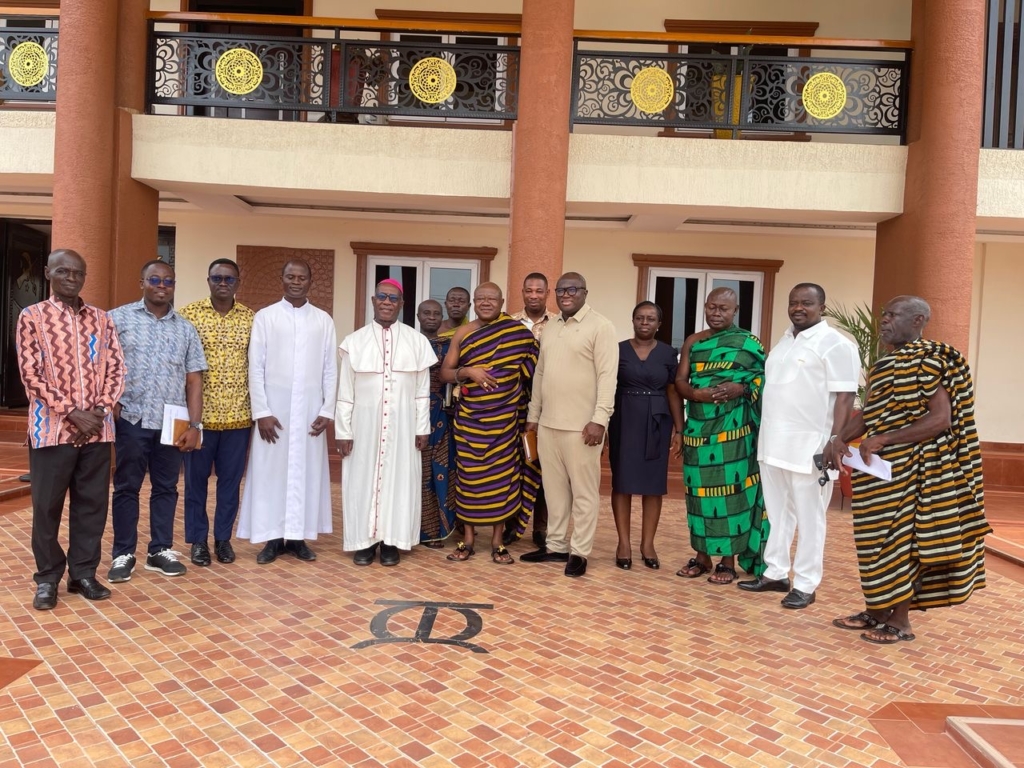
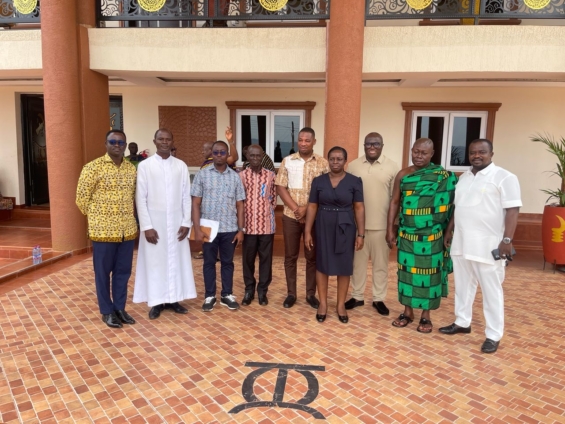
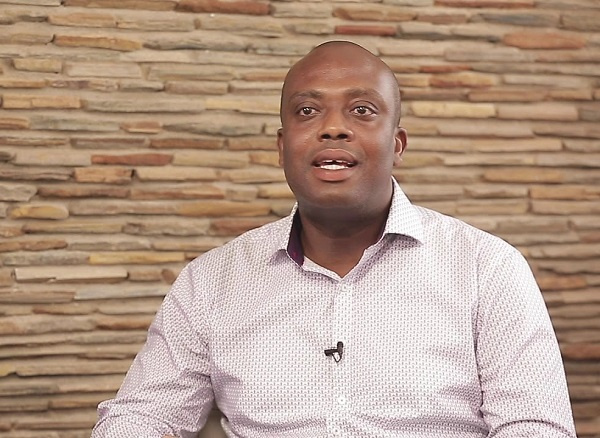
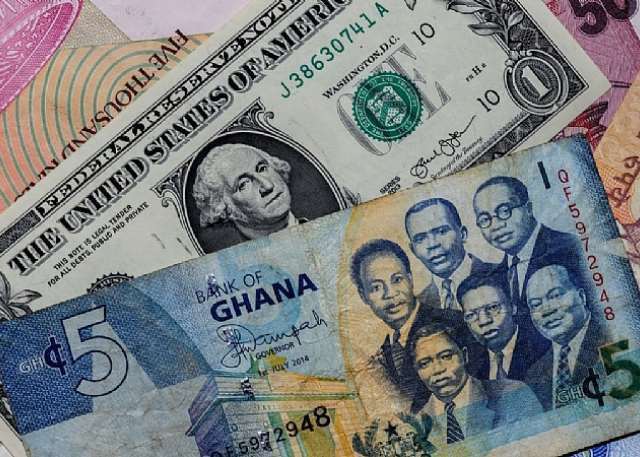


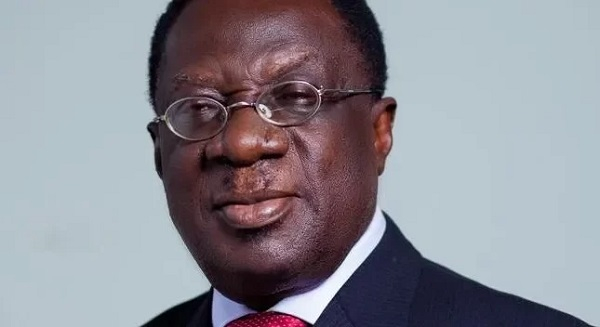
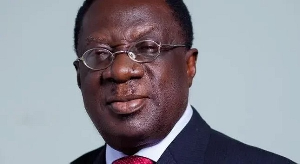

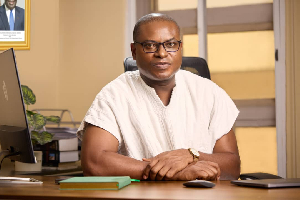
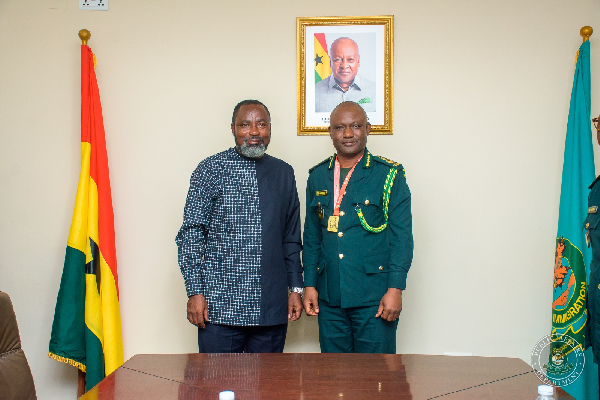
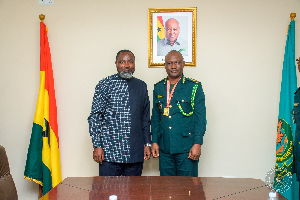
![Sam George reacts to Facebook post about Lexus vehicle gift and says it is ‘categorically false’ [VIDEO] Sam George reacts to Facebook post about Lexus vehicle gift and says it is ‘categorically false’ [VIDEO]](https://www.ghanamma.com/wp-content/uploads/2025/05/7ca8450a4be4b9acd5a6428aeaa41f8e.jpeg)
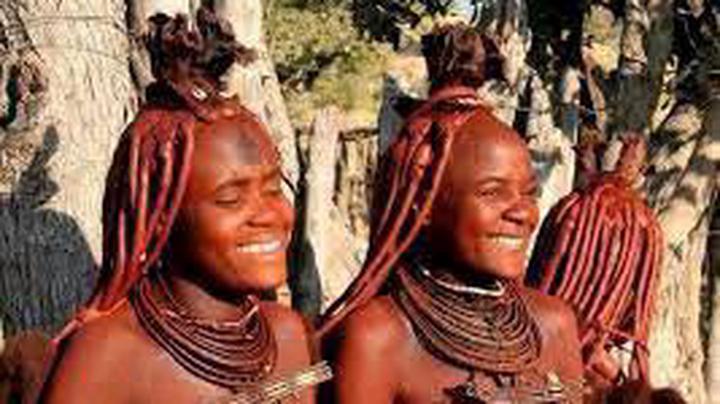
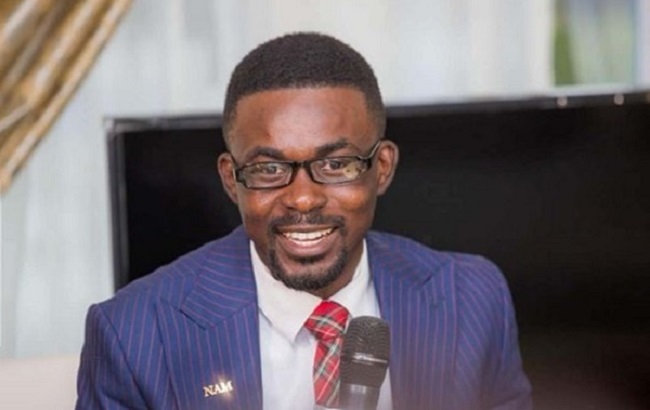
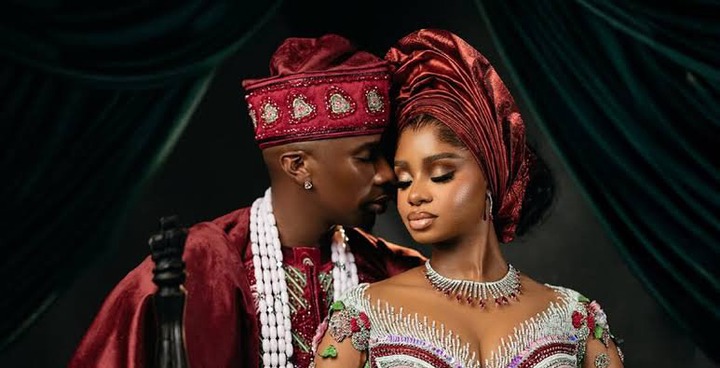
![Flood displaces hundreds in Awutu Senya East [Video] Flood displaces hundreds in Awutu Senya East [Video]](https://www.ghanamma.com/wp-content/uploads/2025/05/ebd6663983a898095abad6fec680fb28.jpeg)
